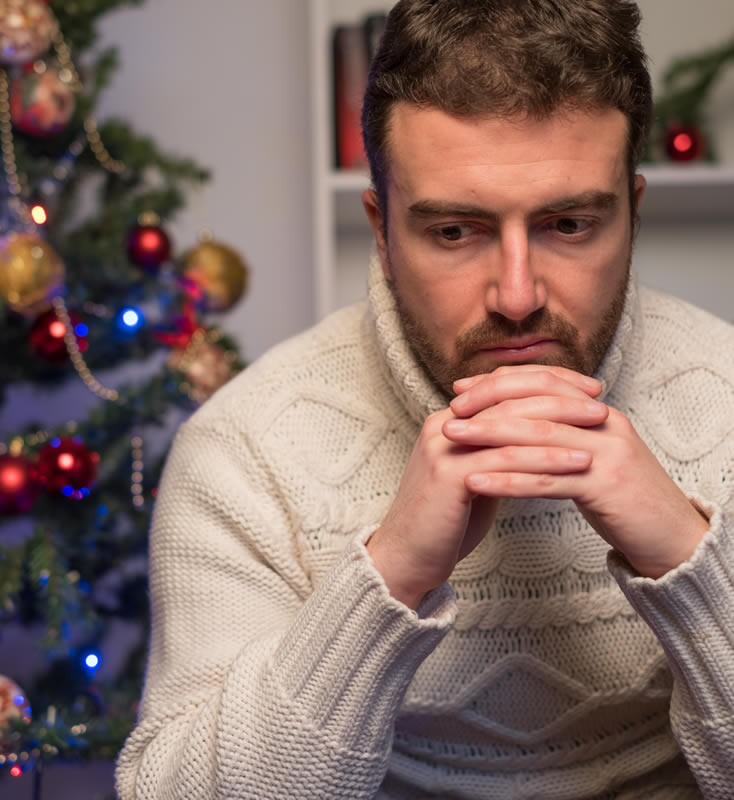Be Prepared & Practice Self-Care
Becoming aware of potentially triggering situations and developing a plan to deal with them can help minimize your risk of relapse during the holiday season. Whether you are currently in recovery or want to curb your substance use during the holidays, these tips can help you maintain sobriety:
- Have strategies in place. Whether you’re new to recovery or have been in recovery for years, creating a plan before attending holiday gatherings can help you avoid awkwardness and triggers.
- Be prepared with polite responses and refusals to use substances.
- Avoid Known Risks. Avoid people who grill you about rehab or who push you to drink. Staying sober and safeguarding your recovery must always come first.
- Have an escape route. Have your transportation and lodging options in place, so that the 10th time someone offers you a drink and asks why you’re refusing, you can exit gracefully.
- Exit Gracefully. If someone continues to be persistent about your having a drink or asks inappropriate questions, you can repeat your refusal response or excuse yourself to make a phone call, get some fresh air or leave.
- Find a supportive team. It’s important to have people who know your story, and to know that you can talk to them if things get tough.
- Schedule activities around sobriety. Attend support meetings or share meals with those in your recovery community.

RELATED: HOW TO REFUSE A DRINK
The stress that surrounds the season can be particularly difficult for those living in addiction recovery, especially for those who are newly sober. While family and friends play an important role in the lives of many, not everyone living in recovery has the support of their loved ones once they’re clean and sober. In addition to dealing with your own vulnerabilities that can arise during the holidays, you may find yourself with friends and family members who have their own substance use issues and unhealthy emotional patterns.
How Families Can Help
Don’t Bring Up the Past
Addiction has many players and affects many people in a person’s life. The holidays are not the time to bring up past grievances and actions. This can spoil your gathering, and stirring up these negative emotions can also put your loved one at risk of relapse. Instead, choose forgiveness and trust that there will be opportunities for discussing the past later.
RELATED: IMPACTS OF ADDICTION ON THE FAMILY
Plan Alcohol-Free Gatherings
Plan your holiday dinners and gatherings without alcohol and note in your invitations that it will be a sober-friendly event. If offering alcohol has been a major element in previous gatherings, plan to offer alcohol-free beverages and search online for alcohol-free drink recipes. If asked why you aren’t offering alcohol, you can offer a simple explanation such as “I didn’t feel like serving alcohol this year” or “I’m encouraging health and safety during the holidays.”






